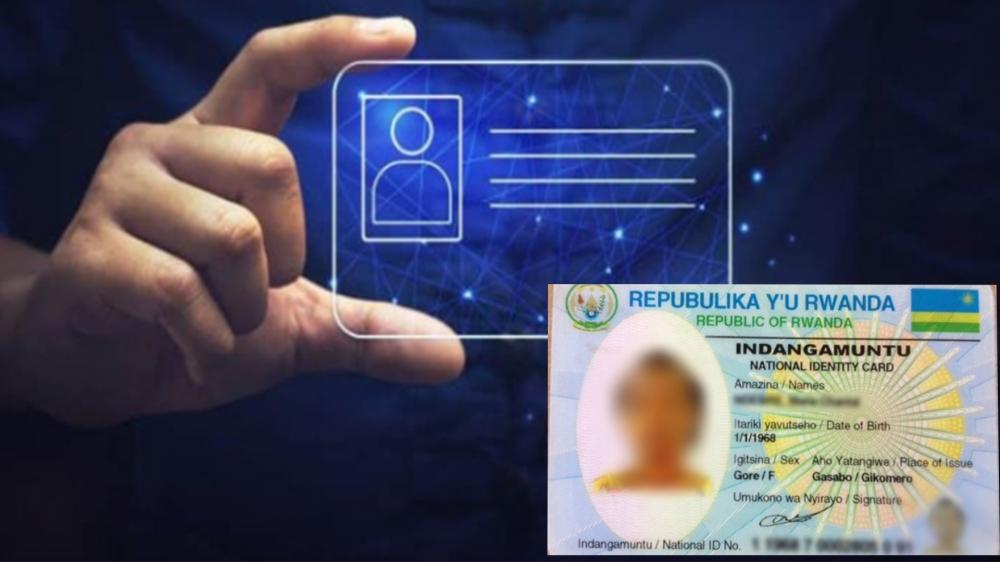Africa-Press – Rwanda. By next year, the current national ID cards will no longer be valid, as the country moves to roll out the digital ID that is currently being piloted.
The digital IDs, aimed at streamlining access to services, will be available in multiple formats including a physical card with a QR code, a virtual version, and an authentication number that can be used online.
Officials say the new IDs will support online transactions well by enabling remote authentication since users will not be necessarily required to be physically present with their IDs to verify their identity during business transactions.
Speaking to The New Times, Josephine Mukesha, Director General of NIDA, confirmed that all existing physical ID cards will be collected and phased out once the core system whose setup typically takes around 10 months is in place.
“We will put in place a mechanism to collect old ID cards; the rollout of the new digital identity system is in full motion. We are on-boarding the operators, and training will be next,” she said, underscoring the government’s plan to officially retire the current IDs.
The move is part of a broader national effort to modernise identity management through the introduction of a Single Digital Identification System (SDID).
The SDID is designed to simplify how citizens engage with services such as banking, government programs, and mobile registrations; offering a single, secure and universally accepted identity.
The new ID will come in multiple formats: a physical card with an embedded QR code, a virtual version accessible online, and a unique SDID number for digital verification.
Mukesha highlighted that once citizens receive their SDID number, they can immediately begin using it online. For those who prefer a physical card, applications will be accepted and processed accordingly.
She further explained that the digital ID will enable users to verify their identity remotely, granting access to e-services and online transactions without the need to physically present a document.
The digital transition is already underway. The current phase focuses on on-boarding operators and conducting a pilot pre-enrolment in select locations. Operators will be deployed at the cell level, moving across communities to register citizens.
Following the pilot, NIDA will begin nationwide biometric data collection. Citizens aged five and above will provide facial photos, all 10 fingerprints, iris scans, and signatures.
For children under five, only a photo will be required. Importantly, those under 18 must be accompanied by a guardian to provide consent during the process.
“The digital ID will be issued to all Rwandan citizens, including new-borns and children under five, a demographic often excluded from traditional ID systems. This inclusive approach underscores the government’s commitment to building a truly comprehensive national identity registry,” she added.
Biometric upgrades like iris scans and full fingerprinting will enhance security and reduce the risk of identity fraud, a concern in both public service delivery and private sector engagements.
To implement the transformation, the government has allocated Rwf12.2 billion for the fiscal year 2025/2026, out of the total Rwf54.2 billion budget allocated for the project.
For More News And Analysis About Rwanda Follow Africa-Press






